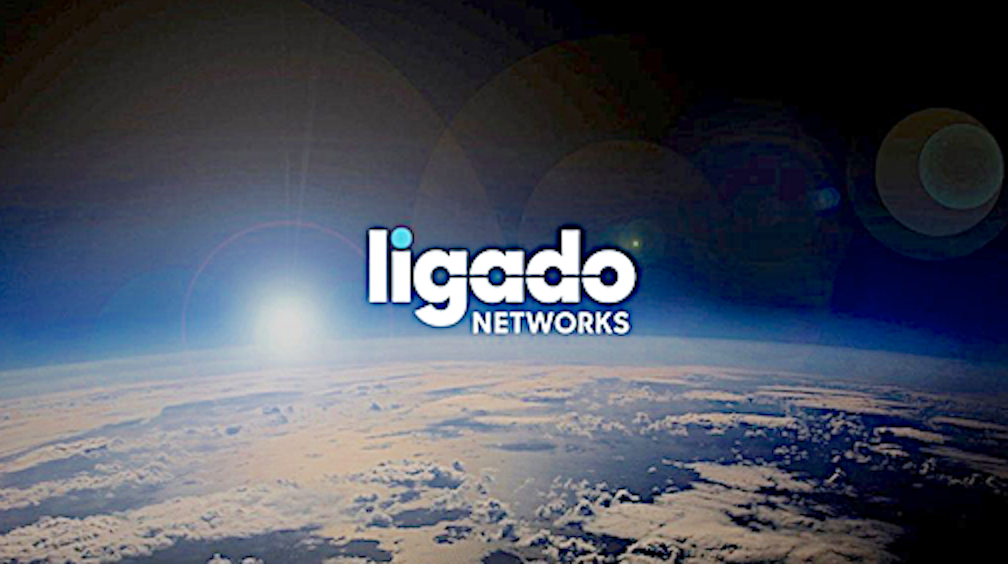
Ligado Networks can proceed with their claim for $39 billion (€36.9bn) in damages and compensation from the U.S. government for what it claims – in essence – is the theft of its L-band spectrum.
A U.S. federal judge on November 18th rejected some of Ligado’s minor arguments but has allowed the major portion of the claim to go ahead. The U.S. government had asked the court to dismiss the claims. U.S. attorneys argued that “Ligado fails to plead any plausible facts” in its lawsuit against the U.S. government. Judge Edward J Damich of the U.S. Federal Claims Court ruled in part in favor of Ligado and in part for the government over aspects of the case, but ultimately said the case “may proceed.”
The very long-running argument claims the U.S. Department of Defense and Commerce Department blocked Ligado’s business plans through a “highly orchestrated public disinformation campaign.” In 2020, the Federal Communications Commission (FCC) voted over fellow ministry objections to grant Ligado the license to build a 5G network.
Ligado, in a statement said, “Ligado is encouraged by the decision and looks forward to pursuing its case to hold the government accountable for the just compensation it owes the company. In the Order, the Court agrees with Ligado’s position that the spectrum bands it was licensed to use by the FCC are property vis-à-vis the Department of Defense. Accordingly, and as long argued by Ligado, the Department’s unauthorized occupation of the spectrum, which has blocked Ligado’s ability to use its own property, is a constitutional taking that must be compensated by the government.”
Ligado had planned to use its L-band bandwidth to create a global wireless cellphone 5G network.
However, the Department of Defense subsequently had second thoughts and were worried about the impact the 5G signals could have on the GPS system.
Consultant Tim Farrar (of TMF Associates) said, “This is what it comes down: Is there going to be some justification for Ligado’s claim of occupation, and if this will be a fight over the provision in the policy bill, because that’s what would provide Ligado with the leverage to discover some evidence to support that claim.”
The legal fight can now proceed, but much depends on the new regulations and attitudes which could flow from the incoming Trump administration.
Ligado was first known as LightSquared which failed in 2015
Farrar added, “On balance this is mostly a win for Ligado. Given how much lobbying went into the 2020 FCC order, the composition of the next administration will have a big influence on next steps.”
